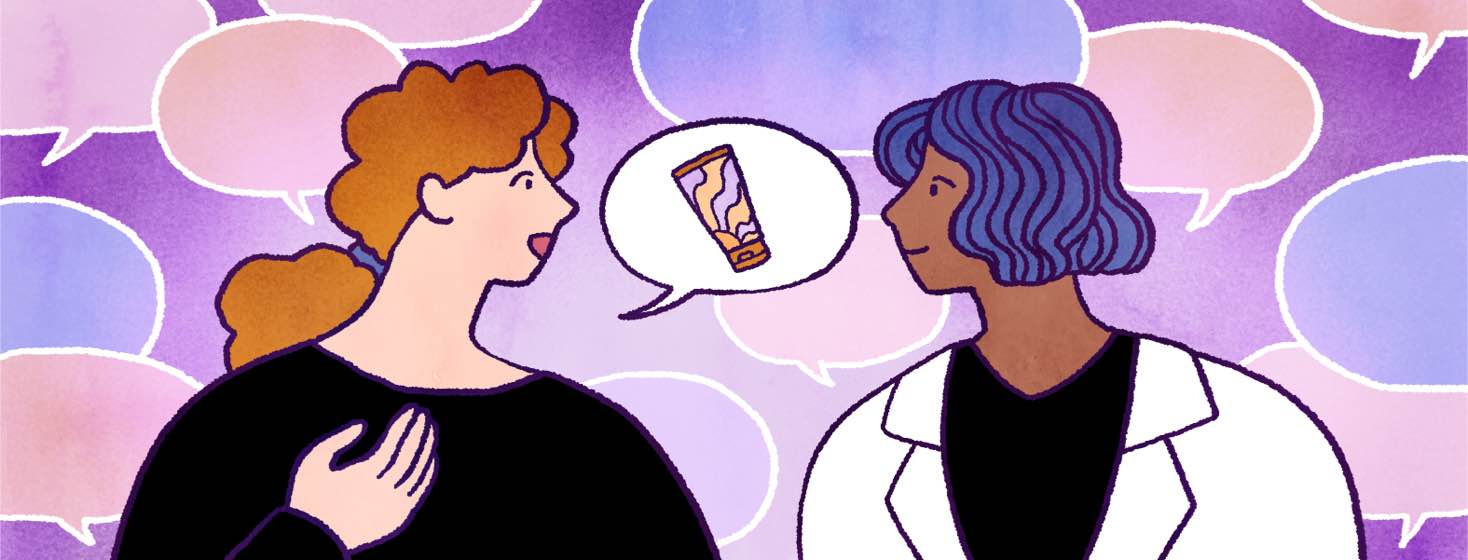Psoriasis And Mental Health: Why It's Time to Talk
I live in the United Kingdom which, in my opinion, has exemplary state-funded mental health services. One example is their National Health Services sponsored, Mental Health Awareness Week. For those struggling with psoriasis, the seven-day campaign has never been more needed.
Mental health care is healthcare. While talking openly about anxiety and depression counteracted some of the stigma over the years, it is still pretty difficult to talk about our own emotional well-being, especially when managing a visible condition like psoriasis.
How psoriasis impacted my own mental health
Whatever you’re going through in relation to mental health and psoriasis, I really do want to say, and it’s a bit cliche, but you are not alone. Growing up and for most of my twenties, I have suffered bouts of mental ill-health. I have bottled up my thoughts about my condition and spent a long time refusing to talk to people.
But after therapy and time, I have realised it is better to talk and I would encourage you, if you feel ready, to try the same. Writing these blogs helped me where talking wouldn’t. I found it easier to put my thoughts down in writing rather than vocally spell it out.
Anxiety sure knows how to creep in...
Anxiety is pretty well known. A lot of people have probably had anxious thoughts and feelings before, but when you have psoriasis, these thoughts and feelings can be hard to deal with.
You may worry about people’s stares when you go out in public; you may worry about the patches bleeding when you itch or scratch them; or you may simply be anxious your condition will worsen and people will make rude comments.
Feeling depressed due to psoriasis? You're not alone.
Depression is equally well known. A lot of people have probably had depressed thoughts and feelings before, but when you have psoriasis, again, these thoughts and feelings can be hard to deal with. You may feel sad and upset that you have been diagnosed with a chronic illness in the first place.
You may feel upset, feeling restricted by what activities you can do because you don’t want to expose your patches; you may feel down to such an extent you don’t feel up for talking with friends or family members.
Finds ways to talk about it that make sense for you.
Now, though, I want to be a positive advocate for change when it comes to psoriasis and mental health. I want people to know that those with the condition do not have something wrong with them and that there will be good days, just as much as you’ve been experiencing the bad ones.
Be open about what you’re going through. It is hard. Believe me, it is. But when you open up, you’ll feel better. Try what I did at first and write down your thoughts. It doesn’t have to be shared publicly, but it may help you understand your thoughts a bit better and help you articulate what you want to say.
Don’t let psoriasis get you down. It’s a dreadful condition. But it shouldn’t have power over you.

Join the conversation